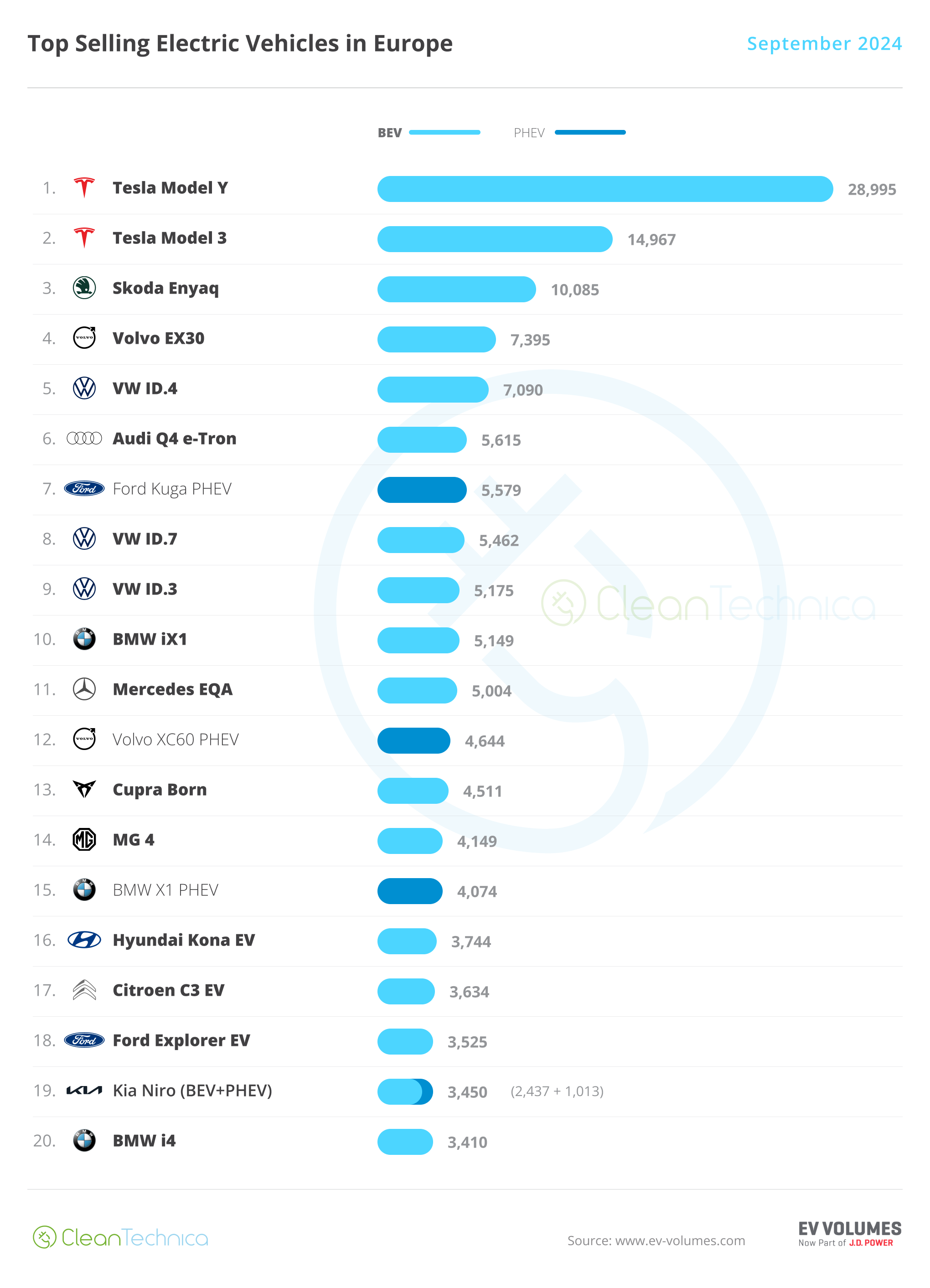Workers at Chevron’s Gorgon and Wheatstone liquefied natural gas (LNG) facilities in Australia will begin voting from Friday to decide if they want to strike due to disputes over wages and working conditions, a union alliance said.
Australia’s labour regulator last week cleared the way for unions to conduct a “protected action ballot” that gives employees the chance to secretly vote, fuelling concerns any potential strike could slow the country’s LNG exports.
Australia is one of the largest exporters of LNG to the world along with Qatar and the United States, and concerns over a strike has spurred volatility in European gas prices amid fears the move would fuel competition between Asian and European buyers for cargoes. China and Japan are the top lifters of Australian LNG, followed by South Korea and Taiwan.
After a successful ballot, the union can decide whether to go ahead with action, which must take place within 30 days. Employers are given notice beforehand.
“It’s game on in pushing back against Chevron’s sub-standard employment standards,” said the Offshore Alliance, which combines the Maritime Union of Australia and Australian Workers’ Union, and urged workers to vote for all of the demands on the ballot.
Chevron was continuing negotiations with employees, a company spokesperson said. Last week, the company said it was taking steps to ensure reliable operations could be maintained if any disruption happens after the decision by the labour regulator.
Woodside Energy Group, which operates Australia’s biggest LNG plant at North West Shelf, and Chevron have been holding talks with unions to avert threatened strikes at their facilities that together supply about 10% of the global LNG market.
About 99% of workers at offshore platforms that feed gas to North West Shelf have already backed industrial action. The unions have not yet called for action there, which could range from a mix of short work stoppages and bans on certain tasks to an all-out strike.
A two-month fight last year against Shell at its Prelude floating LNG site off northwest Australia cost the company about $1 billion in lost exports until it reached a pay deal.
Share This:




